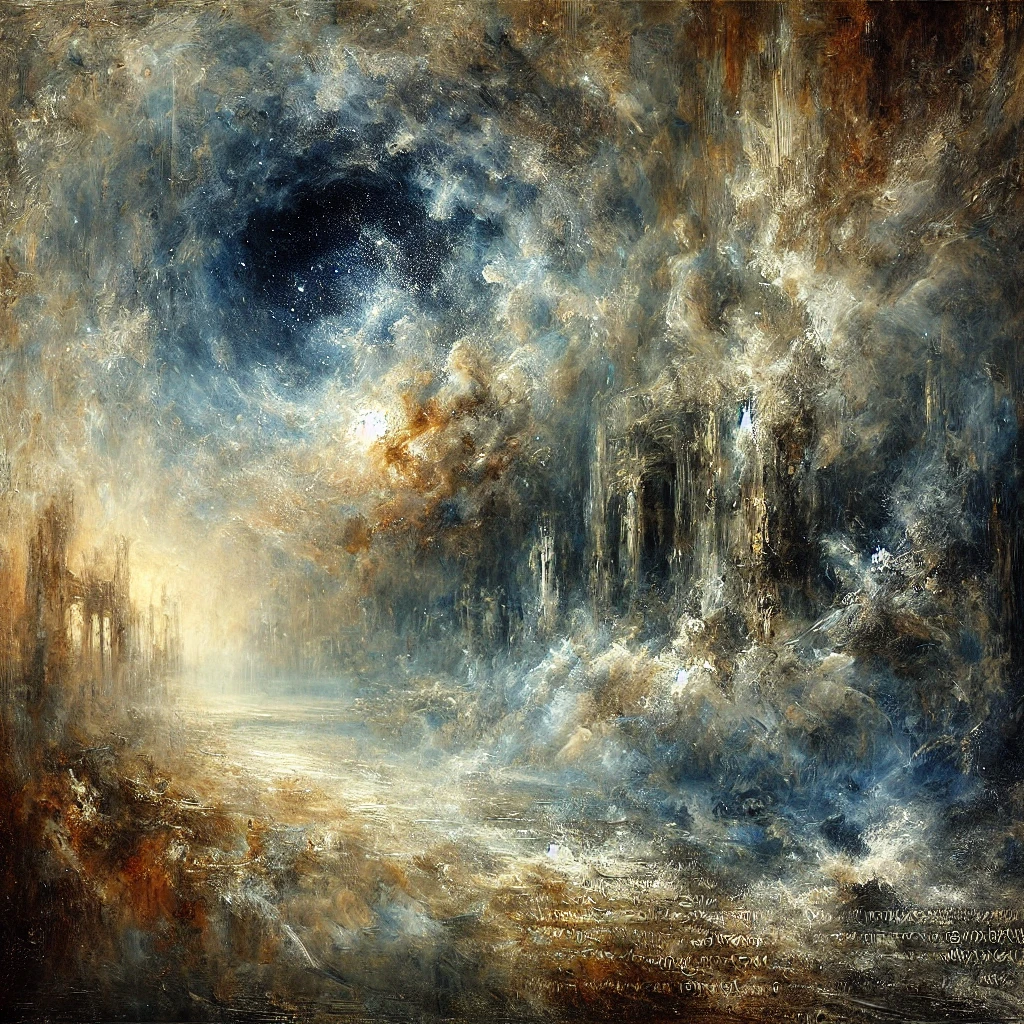futility of legacy
Building a legacy is futile.
Have you read Ozymandias? Even the king of kings, mightiest of rulers, with lands and territories reaching far and wide, are now just a memory scattered across Egyptian sands. Nothing but slabs, ruins, and inscriptions remain.
A light study into astronomy furthers the thesis: our time in the universe is so small compared to the entirety of the universe; the sun will eventually explode, and billions upon trillions more years will pass beyond us.
Whatever we build in this world, in our infinitely small lifetimes, is bound to fade and crumble into the sands of time.
So why bother?
Here's the thing: I see the same facts and have a different conclusion. It's true that whatever we build will eventually be forgotten, whether we're a king or a poet. The human species is a speck in space and a blip on the timeline of the universe. We're small, and what we do doesn't matter in a cosmic sense.
But what we do does matter on a human scale.
Human consciousness is a marvel of existence. The fact that we can cognize and understand time and the universe beyond is a faculty that deserves awe and wonder. Within all the vastness of time and space, we exist and can appreciate that existence. The fact that our time is so short, coupled with our ability to appreciate the context of our life within the universe, makes the time precious. It is so incredibly rare. It is an insane gift simply to exist and be able to participate in the world.
And is it not liberating that whatever we do will be forgotten? Knowing this can help us escape the trappings of ego that might push us to believe accumulating power and influence are worthwhile pursuits in themselves.
The preciousness of our existence is baked into its brevity and insignificance.
So why build a legacy if we're so insignificant?
A slight detour, if I may: the best encapsulated idea of ethics I've found is that the highest moral aim in life is to reduce suffering in the world. Many philosophies echo this sentiment—Buddhism, utilitarianism, even existentialist thought.
When we build a legacy—one that connects ourselves to our ancestors and to those who follow us, one that offers something to our communities, one that reduces suffering in whatever form—we honor the preciousness of our short lives by allowing its artifacts to touch, to move, to affect others in a way that can benefit them.
I ask myself: Why bother with this blog? I answer: it is part of my legacy, however imperfect, and I hope that when I die, whether tomorrow or into old age, these writings can serve as a place for my loved ones to connect and remember me.
And that, in itself, is enough. That is significant.
What will you leave behind, and for whom?
